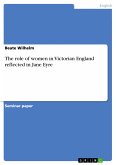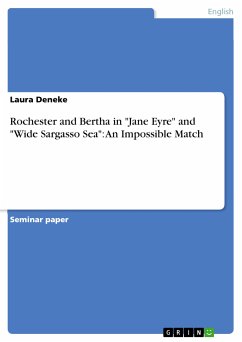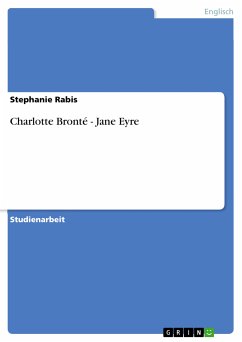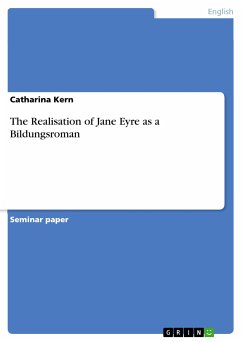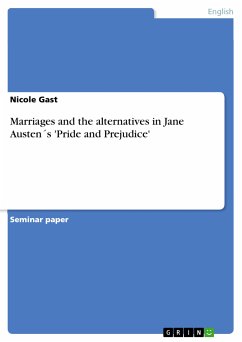Seminar paper from the year 2006 in the subject English Language and Literature Studies - Literature, grade: 1,2, University of Duisburg-Essen (Department of Anglophone Studies), course: 19th century novels, language: English, abstract: 1. Introduction 1.1 Preface „Charlotte Brontë’s Jane Eyre has often been described as a gothic novel, but the type of fantasy which is more obviously responsible for its plot structure and character development is the fairy tale.“1 When I read Jane Eyre I just couldn’t help myself but feeling that some aspects of the story seemed strangely familiar. A poor orphan girl that has to live with two unpleasant sisters and a wealthy but cruel aunt and suffers from domestic violence. This very beginning of Jane Eyre of course resembles the universally known fairy tale Cinderella and it seems that this is not the only reference to a fairy tale within Charlotte Brontë’s novel. Traces of Beauty and the Beast can be found as well as other significant fairy tale elements. The purpose of this term paper is to reveal some of the fairy tale elements to be found in Jane Eyre and to discuss if the novel as a whole can be understood as some sort of modern fairy tale.
Bitte wählen Sie Ihr Anliegen aus.
Rechnungen
Retourenschein anfordern
Bestellstatus
Storno




